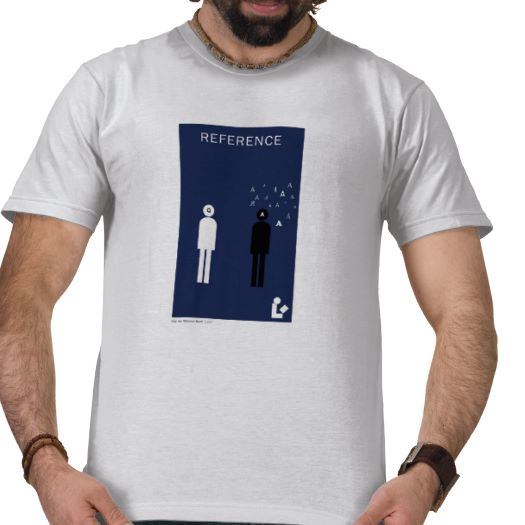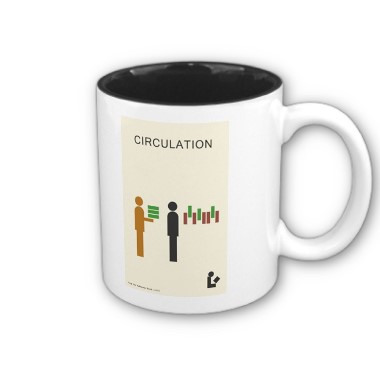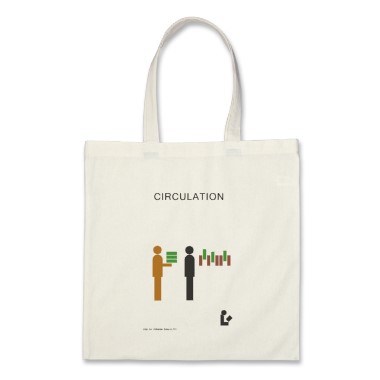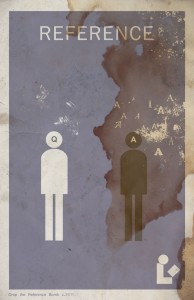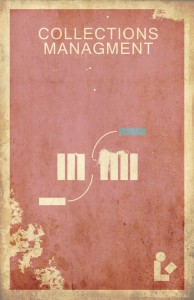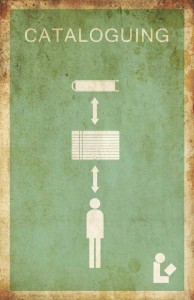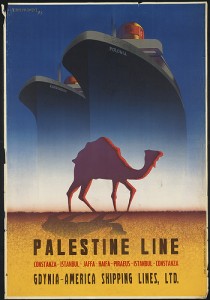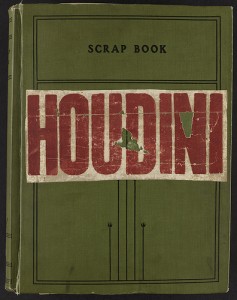
The Harper Colllins/OverDrive debate continues, and I want to pull from a couple blog posts that caught my attention. As the discussion continues to evolve more detailed notions about the problem are cropping up.
First, from The Brewin Librarian. He’s done some math to estimate what the HC style licence agreement means for his local library system.
Once I subtracted the CDs and DVDs from the circ numbers he gave me, I found 7566 items in our collection that had circulated 27 or more times. Just for kicks and giggles, I also identified that 942 items had circulated 53 times or more (we would have had to buy them twice).Jason ends up with a number of $12.99 average for an item, and although I agree with one of the comments on the post that $25 is probably a more accurate number, for argument’s sake I’ll use 12.99.
If we were to have to replace these materials under a 26 use policy, this would cost our library system $110,518.92. A number Logan tells me is very close to our total adult nonfiction budget for 2011.
That’s why public libraries are concerned. To give you an idea of how large of an impact this is– our collections budget was $1,135,664 in 2009, according to the statistics from Colorado’s Library Research Service. Throughout the state of Colorado for 2009, materials budgets ranged from $4,577,200 for the Denver Public Library system to a mere $232 for one small rural library. (Yes, you read that number right– TWO HUNDRED THIRTY TWO).[full post]
I like this. It’s good to put this discussion into a context of potential real costs for public libraries.
Matthew also hints at a larger issue. I’m going to wager that a rural library with a budget that small has effectively been shut out of non-public domain ebooks. Besides the issue over licencing eBooks, real economic and geographic exclusion already exists and will likely be exasperated.
What are some alternatives? Some librarians are hatching manifestos to take control of the eBook market. From Steve Lawson’s blog See Also…:
The result is a plan for libraries to buy, lend, and preserve ebooks which looks like this:
- Libraries will purchase e books from publishers or other sources. Libraries will not license ebooks.
- Licenses are not necessary. The entire process will be based on copyright. The publishers’ control over the ebook ends the moment it is sold to the library…
- Most libraries will employ a third party to be responsible for both access to and preservation of ebooks. Some libraries–probably very large public libraries or research libraries–may prefer to go it alone rather than contracting with such a service…
- Most libraries will choose to add DRM to ebooks in the form of copy protection in order to satisfy publishers’ desires not to see unauthorized copies proliferate. Copy protection that is acceptable to libraries will be largely invisible, platform-independent, and will serve only to prevent the creation of additional complete unauthorized copies.
- Copy protection must not interfere with readers’ rights to fair use.
- Copy protection will never be applied by the publisher, but by the library, or by a third party hosting the ebooks under contract from the library…[full post]
These are all great points, but I’m not sure they’re wholly feasible. This sort of sweeping change will be hard and expensive to implement, and you will see the publishers throwing up roadblocks at every turn.
Since we’re on the issue of costs: how will public libraries pay for all this? What about standards across library systems? Who controls those standards? Oh, to be a private contractor with the know-how if libraries turn their back on the publishers to embrace schemes like this. Cha-ching.
In the end, if libraries are going to get a good deal out of all this, it will be important to identify a strong bargaining position with some leverage to it. I’m not sure Lawson’s quite got the right one, but the ideas will continue to evolve.
